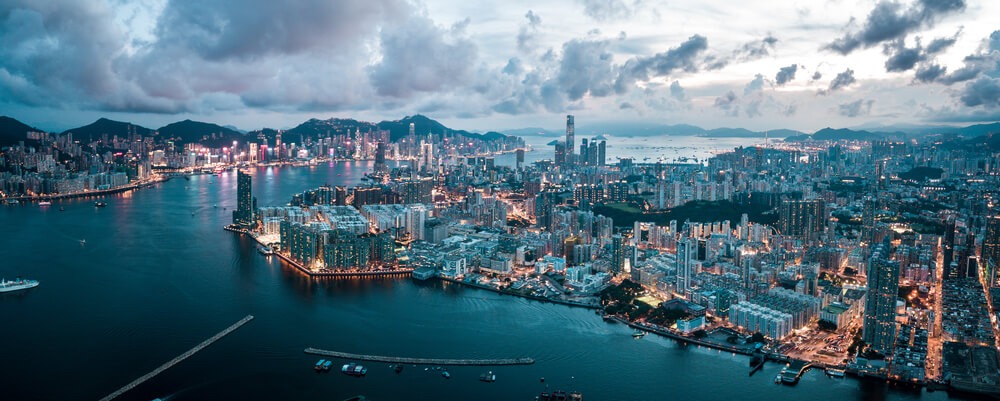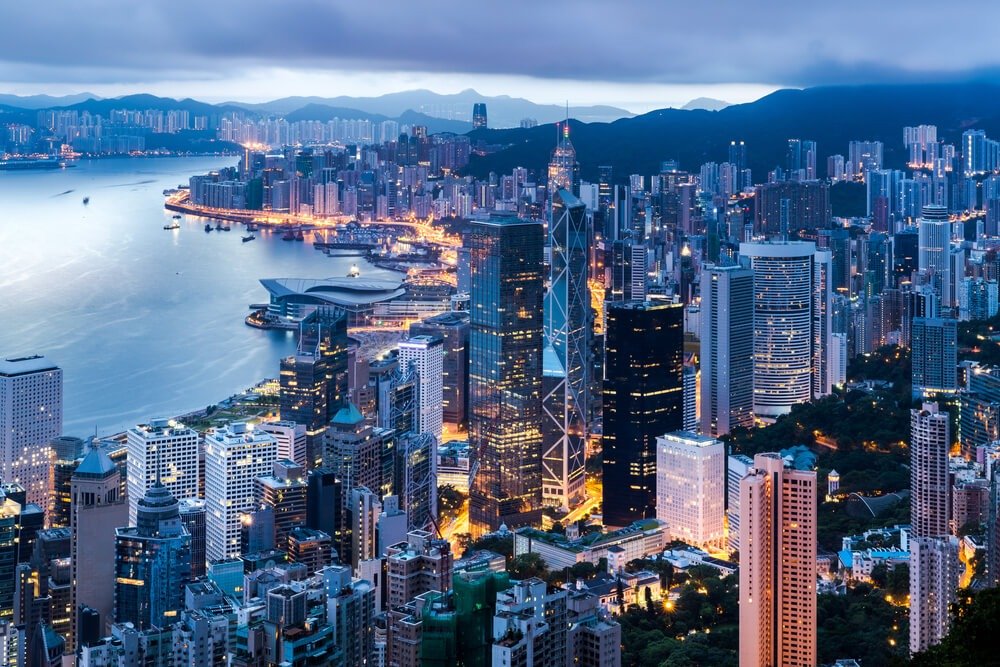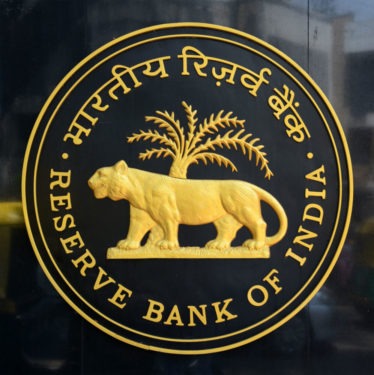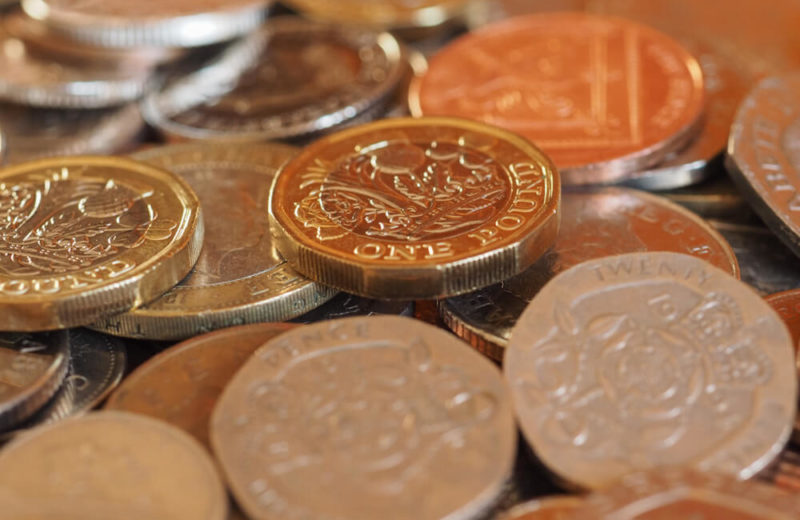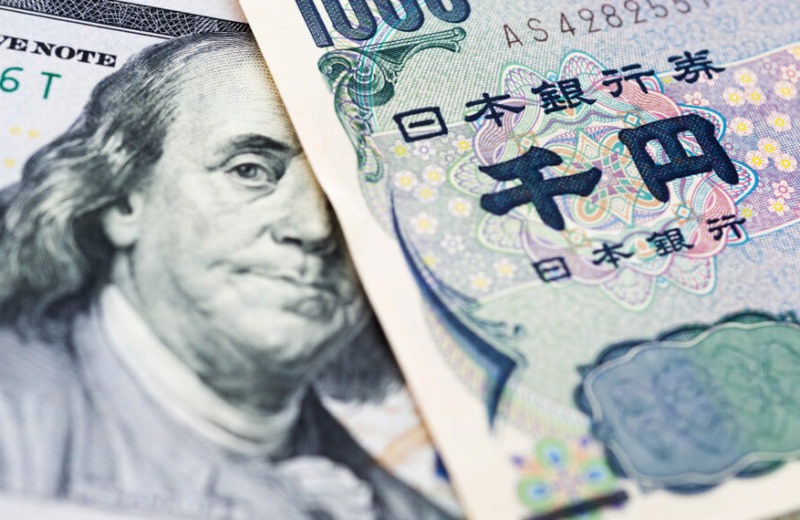Hong Kong is on the verge of its first recession in a decade as violent anti-government protests intensify. It scares off travelers and hurts retail sales in one of the world’s most popular shopping destinations.
From the previous quarter, the economy declined 0.4% in April-June. It has revised government data as seen on Friday.
Meanwhile, conditions have sharply worsened since then as demonstrations spread. The airport was closed at one stage and it has paralyzed prime shopping areas.
The Asian financial center, which has one of the world’s busiest ports, was already under forceful pressure from the mounting Sino-U.S. trade war.
The incident has resulted for China‘s biggest economic to slowdown in decades.
On Friday, the city’s government confirmed it was slashing its full-year 2019 growth forecast to a range of 0%-1% from the previous 2%-3%.
The government has highlighted it a day earlier when they announced a modest economic support package.
The quarterly contraction in gross domestic product (GDP) was somewhat worse than an initial estimate of -0.3% released just a few weeks ago.
A sharp slowing down was also seen from 1.3% growth in the first quarter.
Two successive quarterly shrinkages would meet the standard definition of a recession.
Months of increasingly intimidating confrontations between police and protesters have pummeled the international business hub into its worst crisis.
This is the worst since the city has reverted from British to Chinese rule in 1997.
Impacts of The Ongoing Protest
Meanwhile, official data has yet to fully reflect the impact of the latest violence.
A private survey by IHS Markit found business activity in Hong Kong decreased for the 16th straight month in July. It was falling to a level not seen since March 2009.
In a statement, a government economist, Andrew Au, said, “The recent local social incidents, if continued, will cause significant disruptions to inbound tourism and consumption-related economic activities.”
In addition, “This will further dampen economic sentiment, and even hurt the reputation of Hong Kong as an international financial and business center.”
In the coming months, the government also assumes that exports will remain sluggish or even weaken further.
Washington is also imposing more tariffs on Chinese imports from Sept. 1. This is likely even if the two sides are still in discussions.
Au said, “It would still be difficult for (them) to reach a trade deal in the near future given their deep differences across a range of issues.”
From a year earlier, the economy was seen to extend 0.5% in the second quarter.


